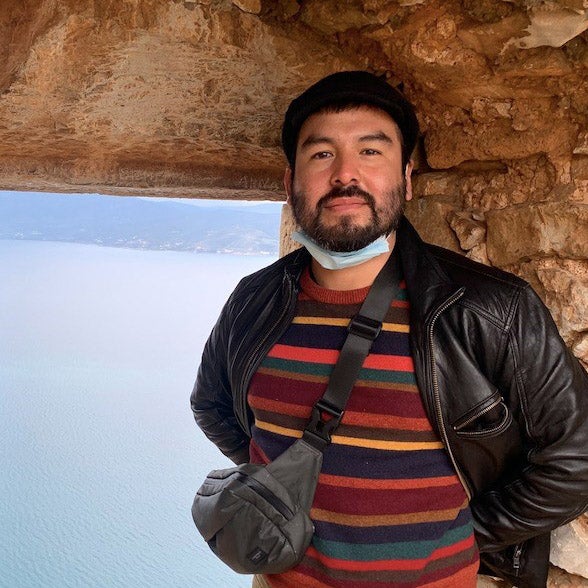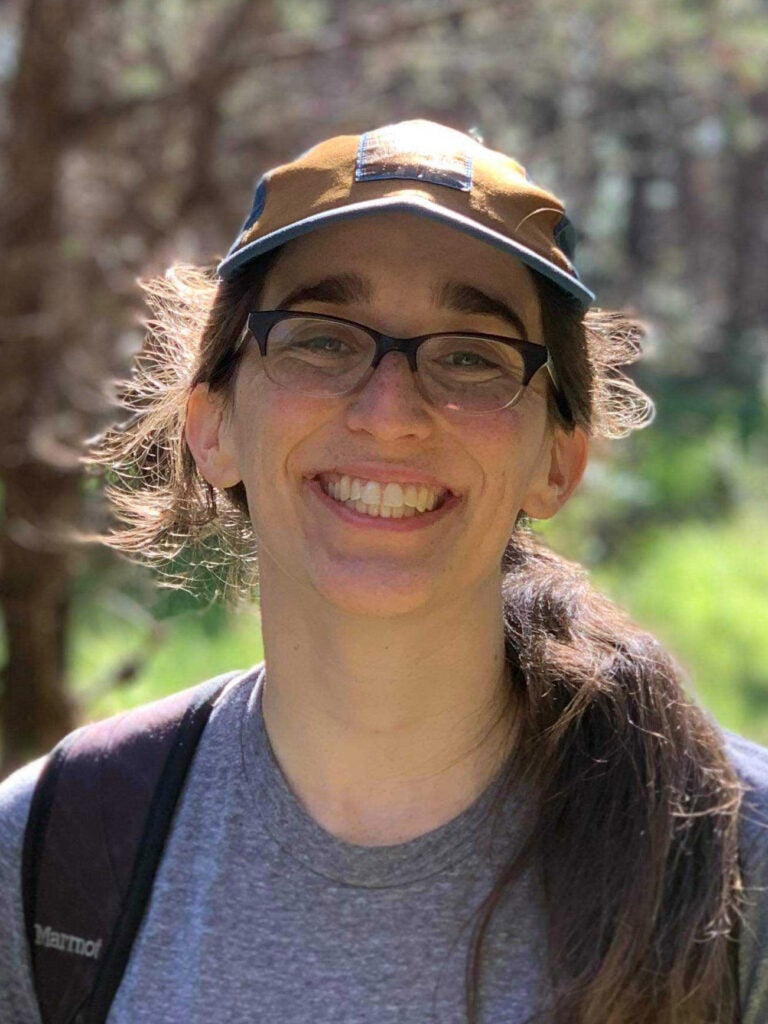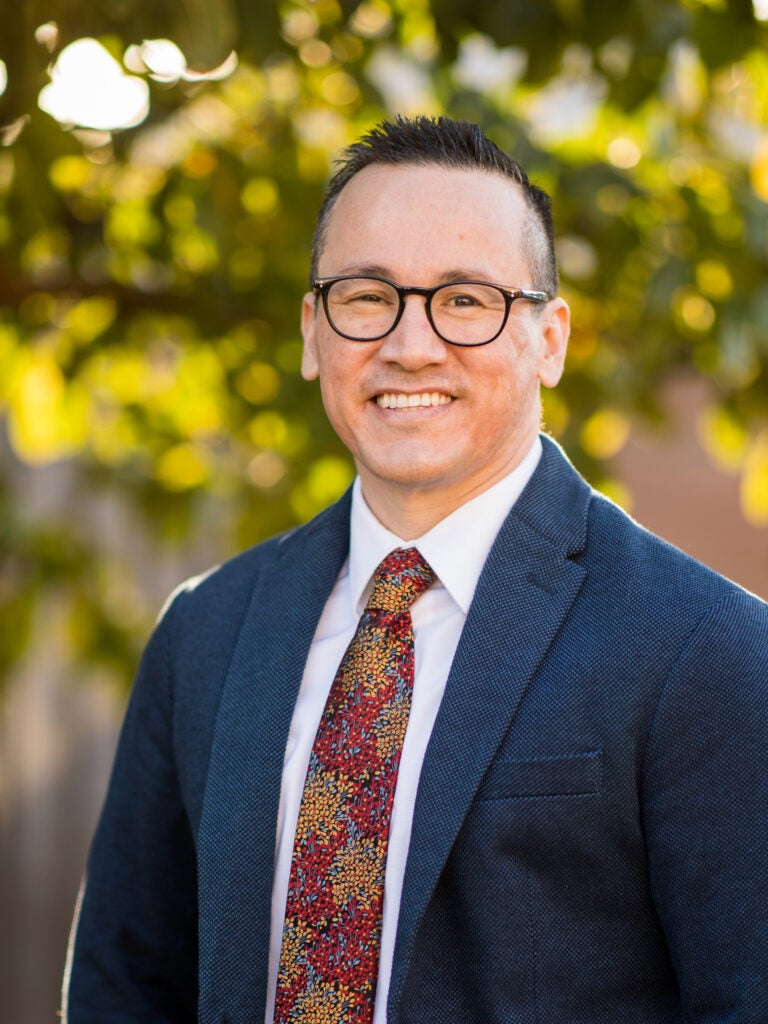
Mellon Sawyer Seminar Precarious Ecologies: Science and Social Justice in the Production of Environmental Knowledge
The Mellon Foundation has awarded USC a Sawyer Seminar for Precarious Ecologies: Science and Social Justice in the Production of Environmental Knowledge. Co-hosted by the Center on Science, Technology, and Public Life and the Center for Latinx and Latin American Studies and led by co-PIs Juan de Lara and Andrew Lakoff the seminar will take place during the 2022-23 academic year.
In our era of ecological crisis, we know that exposure to environmental risk is not evenly distributed. In cities, poorer communities and communities of color are more likely to be exposed to hazards such as toxic waste, airborne particulate matter, or climate-related heat island effects. In rural areas, the effects of pesticide use or pollution from oil production are concentrated among precarious groups. This seminar asks: how is scientific knowledge about unequal vulnerability produced? How, in turn, is such knowledge brought to bear in addressing policy debates concerning potential mitigation measures? The seminar investigates, in particular, the “democratization” of expert knowledge. How do marginalized and racialized communities garner and disseminate evidence of environmental harm? What debates arise around the authority of such knowledge claims? More generally, we ask: how do scientific knowledge and the politics of social justice come into relation in the adjudication of environmental controversies? To address these questions, our seminar draws on scholarship in several fields in the humanities and humanistic social sciences, including environmental history, urban studies, and science and technology studies.
During the 2021-2022 academic year, the co-PIs worked with USC faculty across the schools to build a collaborative organization for the seminar. It includes a total of six public events designed to bring humanistic scholars into conversation with natural scientists, policy makers, and community activists around a series of specific topics. For instance, we envision a panel on the use of off-the-shelf sensors by environmental justice activists to detect, map and mitigate toxic exposures. Another event focuses on the role of “lay expertise,” or grassroots knowledge, in shaping policy responses to environmental crises. A third public event engages scholars, scientists, and community groups in identifying new techniques for mapping climate vulnerability that incorporate social and economic inequality as key data points.
In parallel to this series of public events, the PIs are co-teaching an interdisciplinary graduate seminar, which facilitates in-depth discussion with invited specialists as well as with the other USC participants involved in the project, and which fosters an engaged intellectual community over the course of the year. The Mellon Sawyer seminar is supporting a Mellon Sawyer Postdoctoral Fellowship in the Politics of Environmental Knowledge, based at the Center on Science, Technology, and Public Life and the Center for Latinx and Latin American Studies. It also supports two USC dissertation fellows who are participating in and helping with the organization of the seminar. See below for more information about the fellows.
For more information about this program, check for updates on the Precarious Ecologies website or contact stpl@usc.edu
Join the Precarious Ecologies mailing list to receive email updates.
Mellon Sawyer Seminar Fellows
Mellon Sawyer Postdoctoral Fellow
Eduardo Romero Dianderas is a Peruvian anthropologist specializing in the study of media technologies, technical infrastructures and rainforest governance in Peruvian Amazonia. He is currently completing his PhD in the Department of Anthropology at Columbia University. In his dissertation, Calculating Amazonia, he examines how various kinds of technocratic abstractions such as lines, polygons and volumes are stabilized to produce technical information about tropical rainforests, and the effects such abstractions have on how rainforests come to be experienced, known and governed today in the context of climate change and biodiversity loss. Eduardo’s research has been funded by the Wenner-Gren Foundation, the Social Science Research Council, the NSF’s Cultural Anthropology Program, and the Explorer’s Club.

Mellon Sawyer PhD Fellow

Mellon Sawyer PhD Fellow
Jaime Lopez is a 4th year PhD candidate studying Urban Planning and Development at USC’s Sol Price School of Public Policy. His doctorate studies have focused on environmental planning/justice, participatory planning, media, and the use of narratives and storytelling in policy making. Over the past two years Jaime taught his first undergraduate course (Sustainable Communities, Policy and Planning) and has also directed and edited two short documentaries showcasing local civic engagement and environmental justice concerns in Southeast Los Angeles. Jaime has undergraduate degrees in film production and history from UCLA and a Master’s degree in City Planning from UC Berkeley. He recently served as a Planning Commissioner in the City of Paramount, where he grew up and is currently part of a community group working with the Center for Environmental Health (CEH), a community air-monitoring collaboration recently awarded an Environmental Justice Small Grant by the U.S. Environmental Protection Agency.
